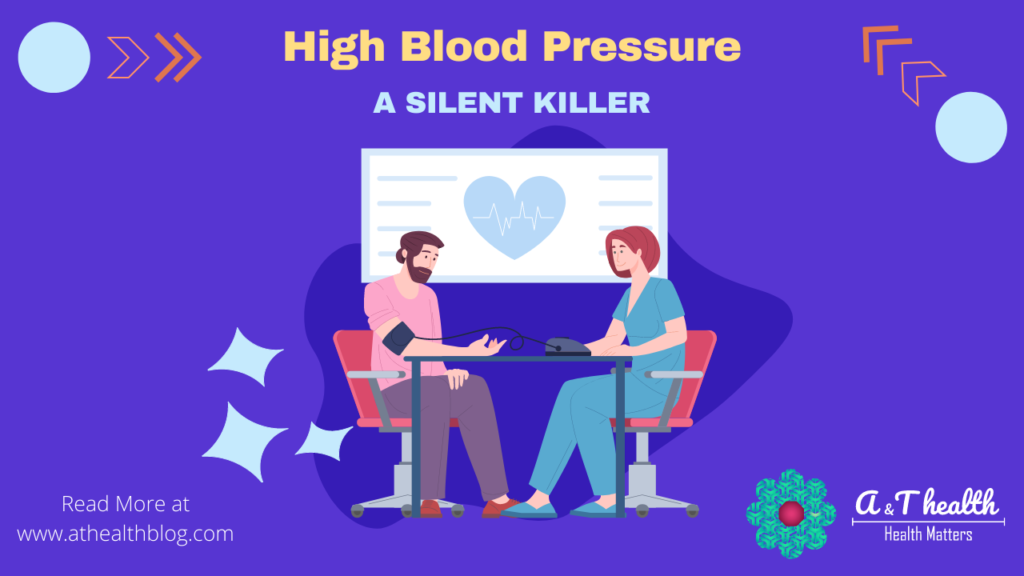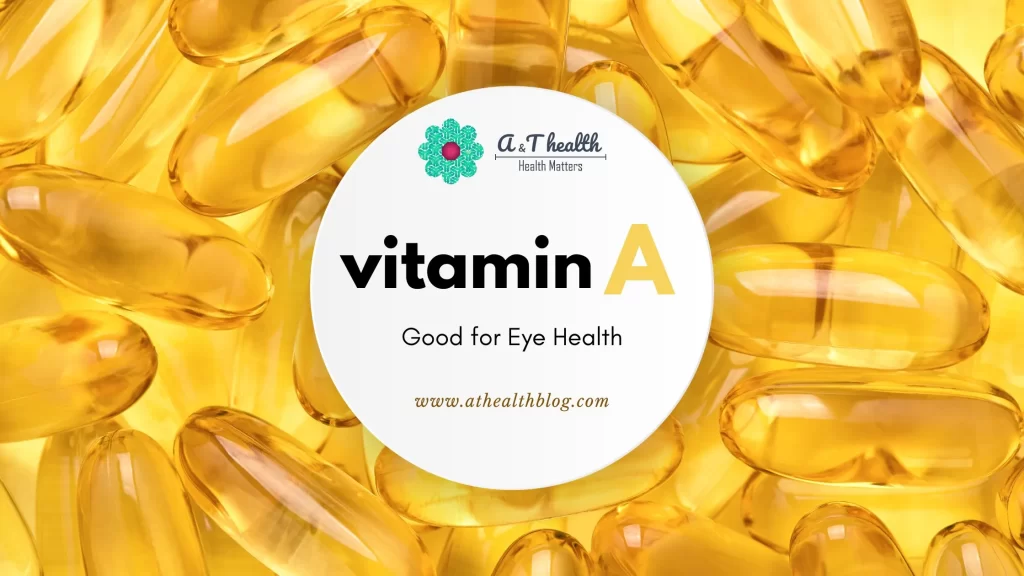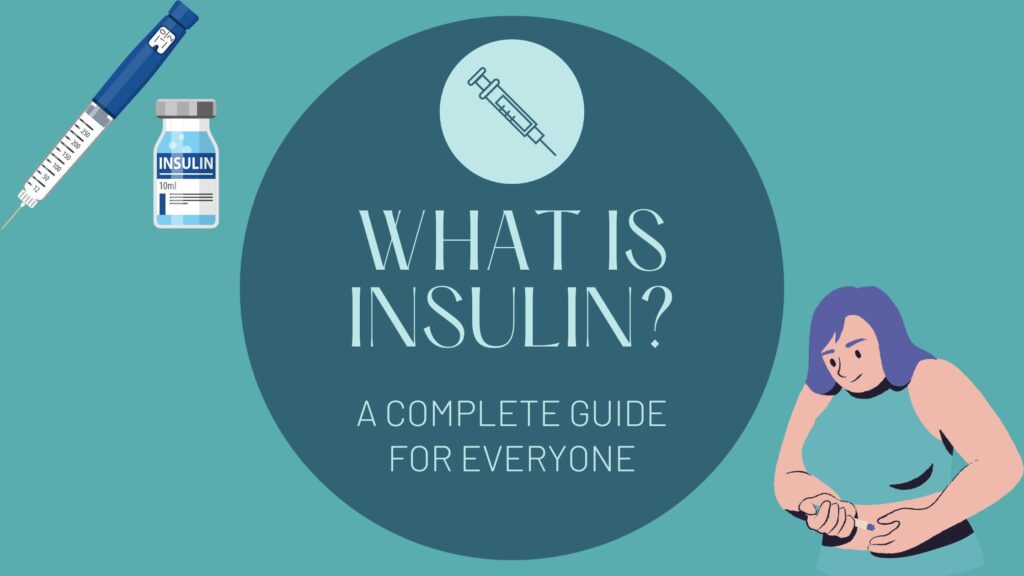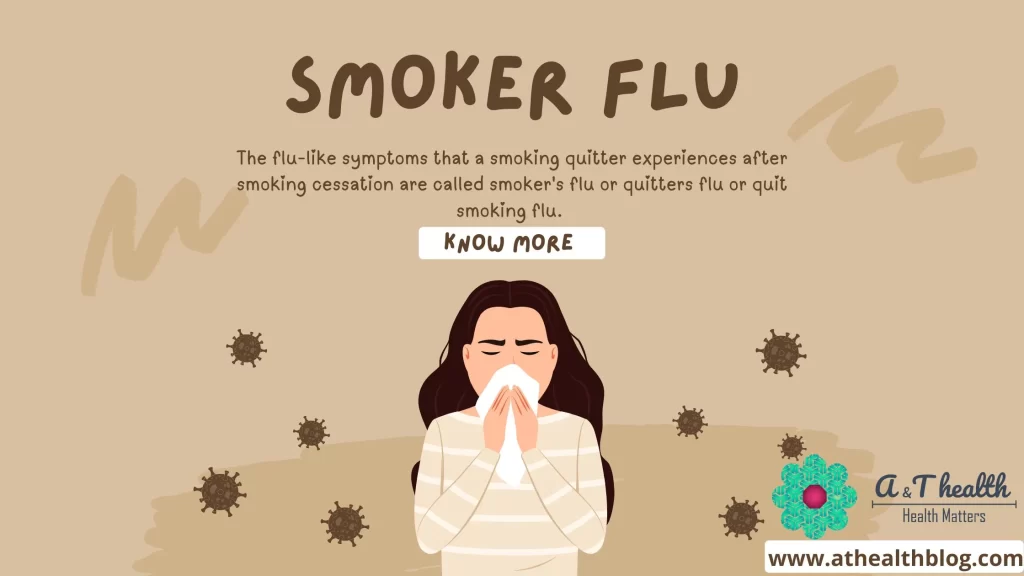The difficulty in obtaining or sustaining an erection firm enough for sexual activity is known as erectile dysfunction (ED).
There are many different erectile dysfunction causes, and it can be embarrassing and difficult to talk about. Every man’s worst fear is erectile dysfunction (ED). It can quickly destroy a man’s self-esteem, confidence, and relationships.
According to the best available data, 52% of males between the ages of 40 and 70 in the United States suffer erectile dysfunction. Approximately 150 million men worldwide and between 30 and 50 million men in the US are thought to have ED.
In a poll conducted in 2021 among males aged 24 to 45, about 60% of men with erectile dysfunction admitted to avoiding sexual interactions with their spouses and having serious issues and arguments in their relationship.
Here are the 7 most common Erectile Dysfunction causes.
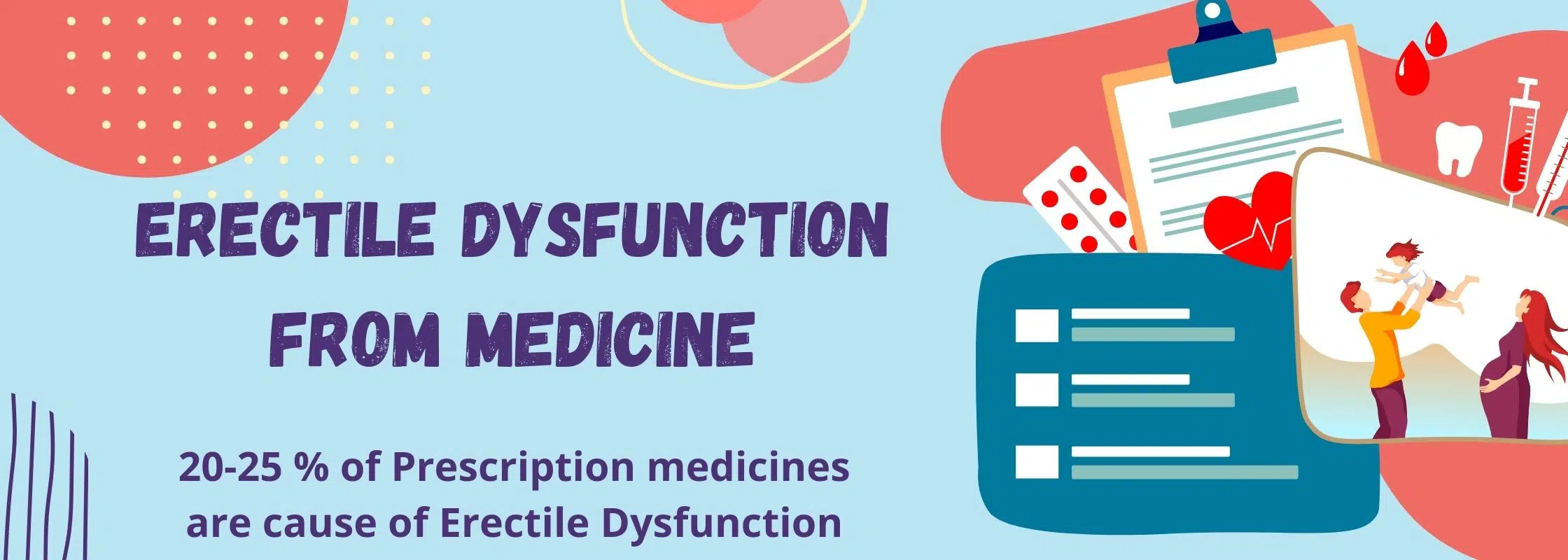
Erectile dysfunction from medication:
One of the causes of erectile dysfunction in men of increasing age is using prescription medicines to treat chronic diseases like hypertension, depression, anxiety, diabetes, etc.
It is estimated that 20 to 25 percent of causes are erectile dysfunction from medication.
Following are the commonly used prescription medication which is related to erectile dysfunction causes,
Antihypertensives: On average, approximately 38% of patients using antihypertensives develop erectile dysfunction
The most common antihypertensives are diuretics and beta-blockers, which tend to cause more erectile dysfunction than ACE inhibitors, ARBs, and alpha-blockers.
Common Drugs Include:
- Atenolol
- Captopril
- Chlorothiazide
- Chlorthalidone
- Clonidine
- Enalapril
- Furosemide
- Hydralazine
- Hydrochlorothiazide
- Metoprolol
- Nifedipine
- Propranolol
- Spironolactone
- Verapamil
Antidepressants: For many men, prescription antidepressants can lead to erectile dysfunction. This can result from a reduction in testosterone and dopamine, although not all men experience this side effect.
Antidepressants may impact your hormones and neurotransmitters – particularly dopamine and testosterone – which can play a role in ED.
Common Drugs Include:
- Amitriptyline
- Buspirone
- Chlordiazepoxide
- Chlorpromazine
- Clomipramine
- Diazepam
- Fluoxetine
- Imipramine
- Lorazepam
- Nortriptyline
- Oxazepam
- Phenytoin
- Sertraline
Antihistamine medicines: Antihistamines are used to treat symptoms of allergies such as sneezing and runny nose.
The use of antihistamines blocks the histamine effect. Histamine is a chemical suggested to be involved in healthy male erections.
Common Drugs include:
- Dimenhydrinate
- Diphenhydramine
- Hydroxyzine
- Meclizine
- Nizatidine
- Promethazine
- Ranitidine
Opioid Painkillers: The use of opioids for pain relief can result in erectile dysfunction (ED), which is a common erectile dysfunction causes.
Common Drugs include:
- Codeine
- Fentanyl
- Methadone
- Morphine
- Oxycodone
Apart from the medication mentioned above, other drugs can cause erection dysfunction. Such medications include chemotherapeutic and recreational drugs like cannabis, MDMA, ecstasy, etc. Alcohol consumption can also cause erection problems in men.
Erectile dysfunction by age:
As you get older, your body experiences different changes. ED is just one of those changes, and it is entirely normal to experience ED as a part of your aging process. Although ED affects men of all ages, it’s most common in older men.
A study conducted in 2013 revealed that healthy young adults do not face the problem of erectile dysfunction, but as age progresses, people start experiencing ED. Mainly after 40 years, men begin to experience ED, which goes with time.
This progression of erectile dysfunction by age can be due to many factors like chronic disease, poor lifestyle, obesity, low physical energy, etc.

Erectile dysfunction from diabetes:
Erectile dysfunction from diabetes is a common problem for diabetic men, and it occurs in 10-15% of men with diabetes.
Poor blood sugar control and nerve damage can cause erectile dysfunction in men of any age. Diabetes causes nerve damage, affecting your ability to maintain an erection. In addition, diabetes can put pressure on delicate blood vessels in your penis, causing erectile dysfunction (ED).
Erectile dysfunction from diabetes is two to three times more likely than in men without diabetes. Compared to males without diabetes, men with diabetes may have ED up to 10 to 15 years sooner.
Erectile dysfunction and high blood pressure:
We know how damaging is high blood pressure to our body. Increased blood pressure damages our arteries, causing them to thicken and reduce elasticity. Due to this effect, high blood pressure reduces the penile blood flow, resulting in erectile dysfunction.
Reduced blood flow to the penis is not the only cause of the patients experiencing erectile dysfunction. One of the reasons for erectile dysfunction caused by high blood pressure is the use of antihypertensive medications such as diuretics, beta-blockers, etc.
Early treatment of high blood pressure can prevent damage to artery walls and help preserve your erections.
Erectile dysfunction from alcohol:
Erectile dysfunction due to alcohol abuse is the leading cause of male impotence and other disturbances in sexual life.
The main form of erectile dysfunction that alcoholics have is characterized by them having very brief erections, lasting just for a few minutes.
The problem is that the penis relies on signals from the brain to start the process of becoming erect. The brain sends these messages through our nervous system. Alcohol interferes with our nervous system and hinders the process of erection.
Alcohol also affects the production of a hormone called testosterone. Testosterone is essential for sexual function in men.
Research proved that consuming alcohol is terrible for our general health. Erectile dysfunction from alcohol is a common problem that the majority of alcohol consumers face.
Erectile dysfunction from anxiety :
Erectile dysfunction (ED) is a common disorder that affects men. Anxiety disorders are also prevalent among men and have been identified as a high risk of developing ED.
A cohort study reveals that erectile dysfunction is associated with psychological issues such as anxiety and depression; more specifically, men suffering from ED often have lower sexual self-concept and satisfaction, which can increase anxiety and depression.
Studies showed that 37% of erectile dysfunction cases are associated with anxiety disorders and impair the sexual relationship between partners, resulting in communication problems and further diminishing sexual function.
Erectile dysfunction Obesity:
In recent years, obesity has become an independent risk factor for erectile dysfunction in men. A study published in 2016 revealed that more than three-quarters of patients with erectile disorders are obese.
Almost 80% of men with erectile dysfunction have a BMI greater than 25 kg/m2. As the BMI getting increases chances of having erectile dysfunction gets double. Overweight men have a higher chance of developing erectile dysfunction.
Common erectile dysfunction causes in an obese patient include psychological factors, vascular diseases, chronic illnesses, hormonal disorders, medications, and low testosterone levels.

Takeaway:
Erectile dysfunction for men can be devastating. However, by looking after your health, avoiding harmful habits, and maintaining a healthy lifestyle, you can help prevent it.
Consult your physician or pharmacist if you use any prescription medication and observe erectile dysfunction. Usually, the problem-causing drug is replaced with the other drug with fewer chances of erectile dysfunction.
Apart from changing medicine, one approach is to improve our lifestyle and start losing weight because being overweight is a problem and mother to different diseases like hypertension, diabetes, heart problems, joint problems, and so on.
One recommended approach for patients with erectile dysfunctions is to try to remain physically active, moderate exercise, quit smoking, and stop drinking alcohol.

